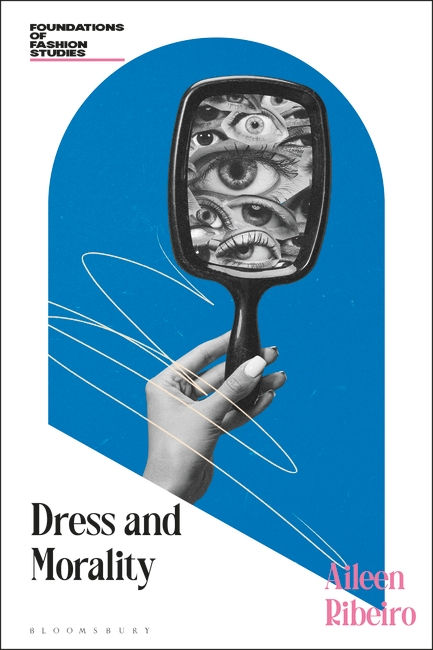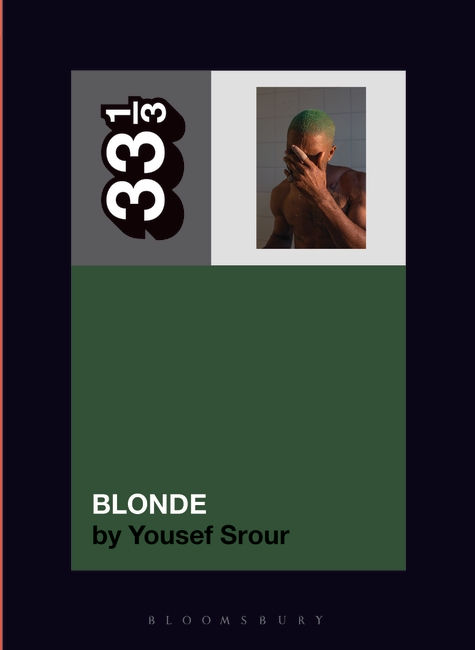What does free speech mean?
In this book, Paul Wragg argues for a universal formulation of free speech drawn exclusively from autonomy. He demonstrates that although the right has some applicability to the horizontal plane, it is more restrictive in some contexts, and more empowering in others, than the literature presently recognises.
Reading across jurisdictions produces different, often conflicting, answers to the question of what free speech means. As global citizens of the digital age, we need a reliable means of judging national practices to know if our free speech rights are authentic.
Theory is vital to this endeavour. Yet, within it, we find a discourse that is intuitive, lacking coherence, and tainted by national experience. It is a narrative rooted in vertical tropes of state power and democratic participation, seeking application to the horizontal world of private actors controlling the public sphere through social media, employability, and privacy-based interests.
This innovative, rigorously researched, and comprehensive restatement of the right to free speech is both topical and important. It is an invaluable resource for policy makers, practitioners, and commentators across the globe.
Free Speech Theory
Paul Wragg
Provides a radical reappraisal of the right to free speech by critiquing pre-existing theory and a novel reinterpretation of the right as a matter of theory and practice.Rights Sold
Hungarian
Chinese Simplified and Complex rights exclusively represented by Bardon Agency
Book Details
Imprint: Hart Publishing
Publication Date: 29-05-2025
Format: Hardback | 234 x 156mm | 368 pagesAbout the Author
Paul Wragg is Professor of Media Law at the University of Leeds, UK.
Material Available

















